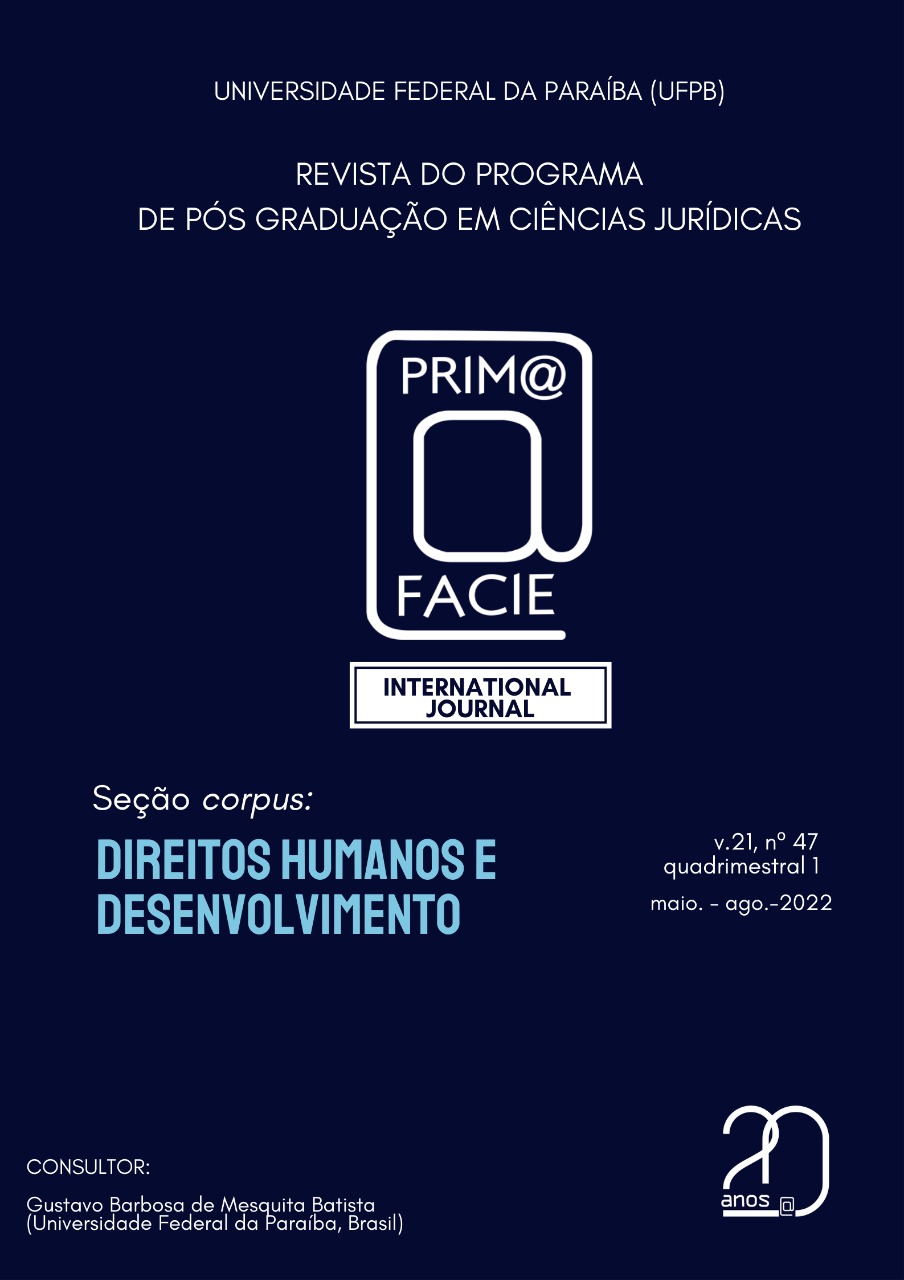Would Blockchain Technology Represent The End Of Extrajudicial Registries?
DOI:
https://doi.org/10.22478/ufpb.1678-2593.2022v21n47.54695Keywords:
Blockhain. Decentralized system. Disruptive technologies. Notaries.Abstract
In recent years, the security protocol called blockchain has been gaining space in the market, especially in the operation of transactions. With the objective of extinguishing centralizing third parties, this disruptive technology proposes a paradigmatic transfiguration of traditional institutions, such as the extrajudicial services provided by notaries. To meet legal security and the effectiveness of relationships, extrajudicial services provide essential services, performing activities that are important for civil life, from birth registrations to real estate registrations. It is proposed to investigate the possibility of replacing the centralized certification model typical of notary and registration activity by the decentralized blockchain system. In this work, bibliographic research was used as the predominant methodology in order to understand the spaces of blockchain technology and its impacts on services provided by utilities. The conclusion of this study was that, despite the importance of blockchain, it is essential that its introduction is cautious, given the need for detailed human analysis to verify the data record, making it necessary (or imminent) to reinvention of notary and registry services.
Downloads
Downloads
Published
How to Cite
Issue
Section
License
Copyright (c) 2022 A Prim@ Facie detém direitos exclusivos de publicação e distribuição sob concessão absolutamente franca da parte do autor, ou autores.

This work is licensed under a Creative Commons Attribution-NonCommercial-NoDerivatives 4.0 International License.
Os autores estão cientes de que transferem seus direitos de publicação e distribuição à revista Prima Facie. Os autores autorizam o uso do trabalho para fins não-comerciais, incluindo direito de enviar o trabalho em bases de dados de Acesso Livre. As provas finais poderão não ser enviadas aos autores antes da publicação, seguindo a revista seu padrão técnico explicitado nas suas normas e nos formatos praticados em acordo com a CAPES e com padrões de excelência adotados. As opiniões emitidas pelos autores são de sua exclusiva responsabilidade não sendo a revista solidária da livre opinião exposta por eles.

